Have to say, not impressed by Bradley Wiggins’ explanation that he gave a British TV show on the the subject of his TUE allergy shots.
First, the “interviewer” Andrew Marr treated Wiggins like he was Sir Brad, never pushing hard and rarely using a follow-up question to counteract the generic and scripted answers Wiggins provided.
By our reading of a story on the set-up to the show, Wiggins also had the luxury of talking with Marr at least a day before the program. Easier to strategize your responses when you know what questions are coming.
Marr apparently covers politics which you would think would give him the confidence and skill to ask a few hard questions of an athlete. Like Matt Lauers’ spineless interview of Donald Trump, Marr seemed there just to allow Wiggins to give his carefully worded explanation with almost no investigative intervention.
Our favorite take on the interview comes from The Guardian, which led with this reputation-melting paragraph: “The cocksure Bradley Wiggins, the one whose enigmatic personality and supreme sporting talent had made him one of Britain’s best loved sportsmen, was gone. In his place was one nervously trying to remember “lines to take” in response to a series of soft questions from an interviewer who – perhaps understandably after another tumultuous week in Westminster – had his mind on other things.”
The Telegraph, another influential UK news source, was also underwhelmed by Wiggins’ statements to Marr. One of the best nuggets was their question about why anyone would prescribe triamcinolone. We quote: “One specialist asthma clinician told The Daily Telegraph this week that the choice of medication was “bizarre”, “unacceptable” and akin to “using a sledgehammer to crack a nut”.
What Wiggins did say — and how he said it — brought to mind another famous rider that Sir Brad has always disparaged as dishonest and a cheat: Lance Armstrong. Here’s the Lance-like quote:Wiggins took the injection of the steroid triamcinolone so he could be “back on a level playing-field in order to compete at the highest level. This wasn’t about trying to find a way to gain an unfair advantage.”
Ahh, the old “level playing field” — does that sound like the excuse used by the Boss, Juan Pelota, the former seven time winner of the Tour de France, Lance Armstrong?
We’ve generally been a fan of Wiggins for his stance on clean cycling, the dry sense of humor and his good taste in music. As the Brits would say, he’s a “massive” talent. What he has accomplished on the road and track, in grand tours, over cobblestones and in the Olympics, is simply exceptional.
All that said however, we now have a less impressive view of Wiggins’ honesty and ethics — and that goes double for Team Sky and boss David Brailsford. While there is no question they followed the accepted process for a TUE, in our view it’s highly suspect and believable that Wiggins and Sky used triamcinolone as much for boosting performance as curbing an allergy.
We base that feeling on the commentary of former pro David Millar, Jorg and the comments by Wiggins’ former Garmin physician Steffen Prentice. There is no question that triamcinolone aids recovery, accelerates weightless and mitigates fatigue. It appears to have more befits as a performance booster than it’s one benefit as an allergy last resort. The timing of the injections is also suspicious, always falling right before the Tour or the Giro.
We can’t help but smell something suspicious in the lawyer-heavy tone of Wiggin’s explanation and the silence at Team Sky. People rightly criticized the pervasive win-at-all-costs mentality on Lance Armstrong’s squads. This feels very much like a manipulative use of the TUE, following the letter, but not the ethical spirit of the law. For a team as adamant and even arrogant about its insistence on clean cycling, it’s not flattering or believable.
Sky came into pro cycling with a distain for the color gray. They promised black and white, 100% clean, nothing open to interpretation, full transparency. However, we’ve seen plenty of gray and this latest episode with Wiggins will be a lasting and damaging stain for the entire squad.
Cyclingnews and writer Barry Ryan have posted a full list of questions that Sky would do well to answer. We’ve taken the liberty of cutting and pasting those questions. Without a full accounting, Sky run the risk of reminding people of US Postal. They will also wonder if Bradley Wiggins has a little Lance Armstrong in him.
Questions for Sky:
- For a decade or more, triamcinolone acetonide injections have been viewed by medical professionals as a last resort for treating hay fever, with the NHS recommending against its use for that purpose in Britain. How did Team Sky arrive at the decision to use this particular product?
- Who first suggested using triamcinolone acetonide to treat Wiggins’ problems? Was the now banned doctor Geert Leinders involved in any way in the discussions?
- Beyond Richard Freeman, how many members of Team Sky’s medical staff and management were aware of the decision to use triamcinolone acetonide?
- What was Dave Brailsford’s precise role in the decision to apply for the TUEs for Wiggins? Is his role as Team Sky manager still tenable given his previous commitment to stringent anti-doping policies?
- David Millar described Kenacort as the most potent drug he had ever used. Corticosteroids have been abused as a doping product for decades in the professional peloton. Did nobody at Team Sky think that applying for a triamcinolone acetonide TUE was morally wrong given its performance-enhancing properties?
- Triamcinolone acetonide has dangerous side effects in the medium to long term, including bone thinning. Did any member of Team Sky’s medical staff voice objection to the use of this product on these grounds? Did the team consider the longer term impact on Wiggins’ health when administering such a powerful injection on three occasions?
- Was there a culture within Team Sky to use TUE certificates to find a legal performance benefit while using a drug for medical reasons?
- As far back as 2014, we have heard conflicting versions of Sky’s policy on TUEs, with Dr. Steve Peters telling David Walsh that the team did not avail itself of TUEs in competition, while Dr. Alan Farrell said he was aware of no such policy. Does Sky have a policy on TUEs and has that changed at any point since the team was founded in 2010?
- Wiggins used triamcinolone acetonide ahead of Grand Tours in 2011, 2012 and 2013, citing allergies, but did not avail of a TUE for pollen season in 2014, by which time he was no longer racing in Grand Tours. Why was this?
- Wiggins also did not use triamcinolone acetonide in 2010, Team Sky’s first season. Did Team Sky make a conscious decision to relax its policy regarding the use of corticosteroids after its disappointing showing in that year’s Tour de France?
- Why has Team Sky never signed up to the Movement for Credible Cycling?
- Team Sky has placed great store on its zero tolerance policy. Was it not hypocritical to fire staff members Bobby Julich and Steven de Jongh in 2012 for doping during their racing careers, while tolerating the use of corticosteroids on the team?
- Team Sky set out in 2010 with the intention of having a clean British rider win the Tour de France within five years. In light of the information revealed by the Fancy Bears hack, can Wiggins be viewed as that clean British Tour de France winner?

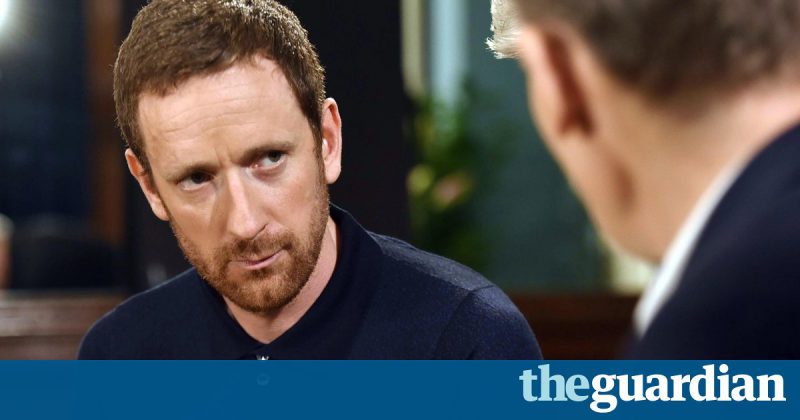
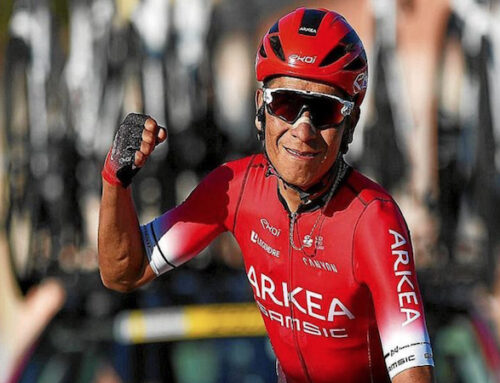
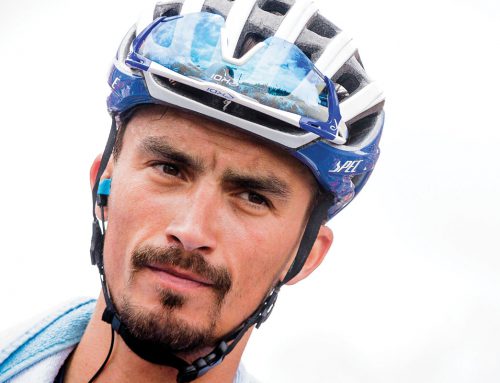
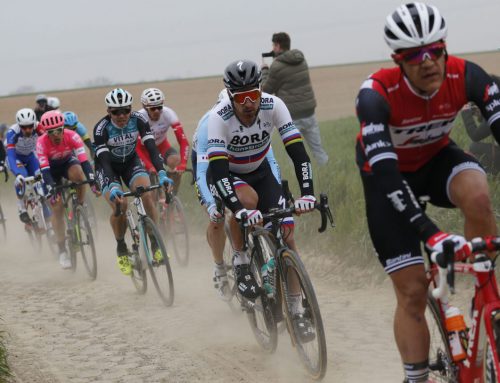
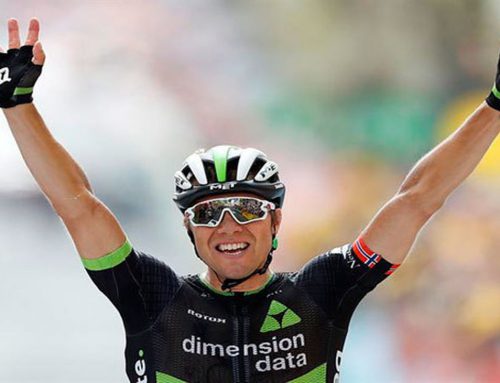
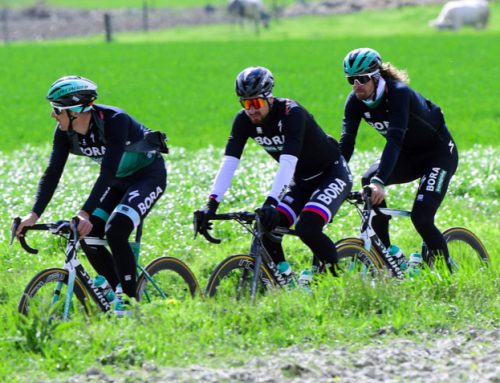
Leave A Comment